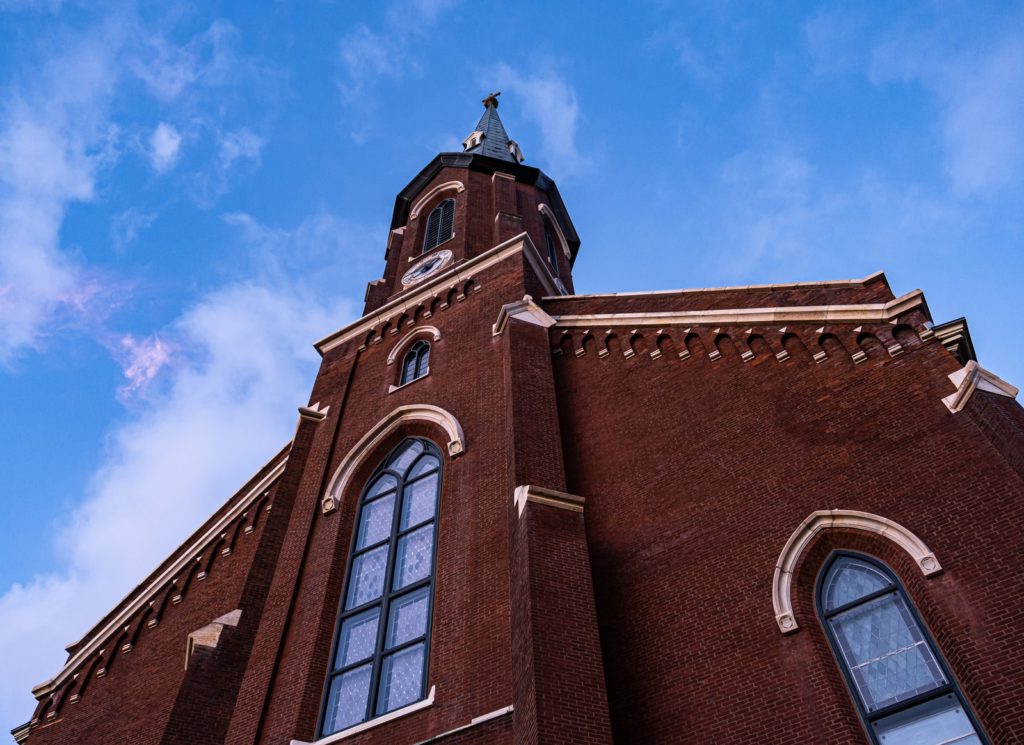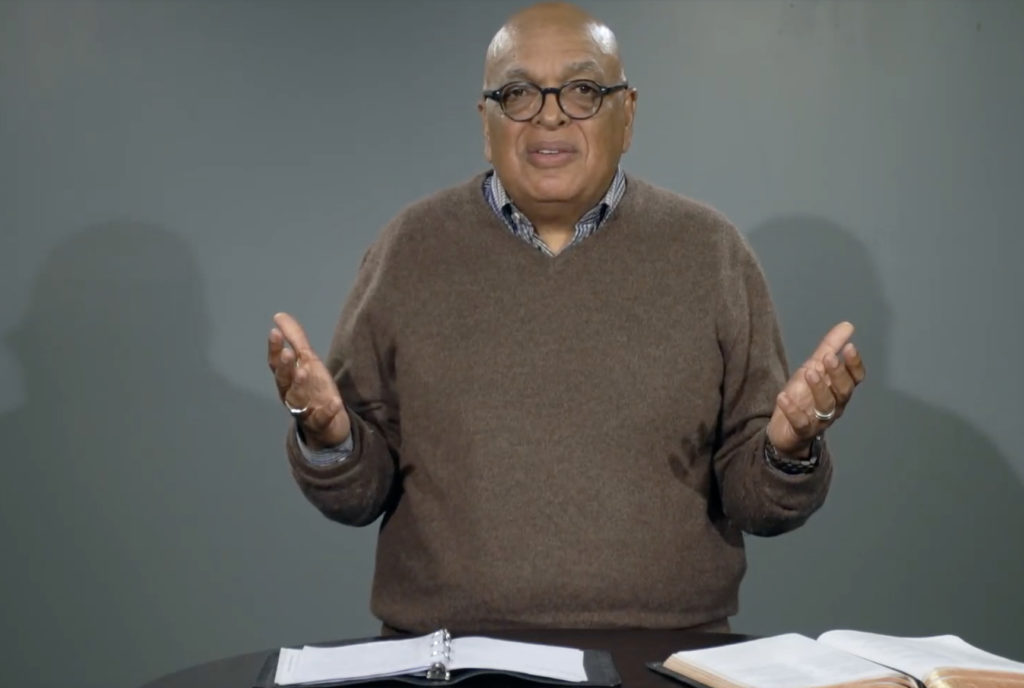The Alabama Network of Christian Community Ministers (ANCCM) focused on senior adult ministry during its annual meeting Nov. 18 at Lakeside Baptist Church, Birmingham.
Held every year in conjunction with the Alabama Baptist State Convention, the meeting brings together community ministers from across the state to develop resource networks, encourage advocacy roles and provide training opportunities.
According to outgoing ANCCM President Dianne Lowe, the meeting’s theme, “Senior Adults With Needs/Senior Adults Meeting Needs,” was derived from the personal experiences of members of the planning committee.
“Several (of us) have been in ministry for quite a number of years,” she said. “We have volunteers who were serving when we began, and naturally they are aging.”
Joycelyn Carrell, church and community ministries director of Russell Association, said 35 percent of volunteers are senior adults.
With seniors being the fastest-growing age group in the country, she said, volunteer programs must adapt to the aging population.
Carrell presented a win-win picture of senior volunteerism in that organizations can benefit from senior adults’ life experiences. Senior volunteers tend to lead healthier, more active lives than their nonvolunteering counterparts, she noted.
“How long people can remain active and contribute to their communities is relative,” said Carrell. “Pains and problems disappear when they’re doing something they love. Their payment is a greater enjoyment of life.”
Keynote speaker Richard Powers, a University of Alabama at Birmingham geriatric psychiatrist and neuropathologist, addressed the connection between spirituality and health care in the elderly.
Powers, who has done extensive research on Alzheimer’s disease and related brain disorders, expressed concerns about the failure by churches, and in particular ministers, to adequately support Alzheimer’s patients and their caregivers.
“People tell me, ‘My mom got Alzheimer’s disease and our church deserted us,’ and pastors say, ‘Nobody ever taught us how to deal with this — we didn’t get this in seminary.’ It’s a lack of training and knowledge,” said Powers.
Successful aging
Successful aging, he said, is a combination of physical, mental and spiritual wellness that can be achieved through intellectual and social stimulation, both of which can be enhanced through spiritual stimulation.
“The brain is a ‘use it or lose it’ organ,” he said, “and the church is an excellent source for all three kinds of stimulation.” Even better news for senior adults, Powers said, is that Alzheimer’s is no longer the hopeless disorder it was.
With early evaluation and treatment, medication can be prescribed that will slow the disease for up to two years.
Also making presentations at the ANCCM meeting were Kay Streets, coordinator of consumer affairs with Alagasco, speaking on the company’s Gatekeeper program; and Rob Peavey, church and community ministries director, Madison Baptist Association, who urged local church involvement in World Changers and HouseCalls construction projects.
In the business session, officers for the 2002–2003 year were elected.
They are Keith Jenkins, president; Jane Ferguson, first vice president; Virginia Alexander, second vice president and Pat Kines, secretary/treasurer.
(Theresa Shadrix contributed)





Share with others: